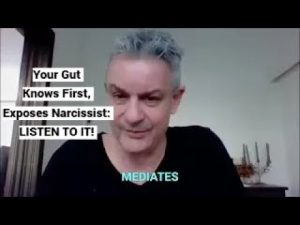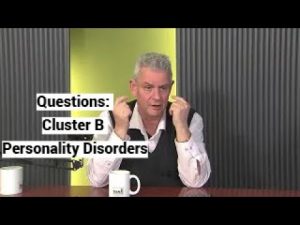20 WRONG Ideas About Therapy, Psychology (2nd World Psychiatrists and Psychologists Conference)
1. Overview and Purpose
- The lecture aims to address and debunk 20 common myths and misconceptions about psychology and psychotherapy. The content was triggered by a presentation on msn.com titled “20 Myths and Misconceptions about Psychology.” [00:00]
2. Misconceptions about Psychotherapy and Psychology
- Psychology is not only for “crazy” people; many people benefit from psychotherapy, which provides an objective, outside perspective to induce insight and behavior change, although not all therapists are impartial or effective. [01:00]
- The popular image of therapy involving lying on a couch and expressing feelings stems from Freud’s psychoanalysis but has been outdated since the 1930s; modern therapy involves sitting, talking, or telehealth sessions. [06:30]
- Psychologists do not just passively listen—they actively structure therapy sessions using clinical knowledge to provoke insights and behavioral change; much work is done invisibly outside sessions such as note-taking and analysis. [08:40]
- Medication is only a small part of psychological treatment, mainly prescribed by psychiatrists, who are medical doctors; medication should be used sparingly and carefully but is often overprescribed and abused in practice. [17:45]
- The myth that low self-esteem causes most mental health problems is incorrect; it is only definitively related to depression, and the concept itself is tied to problematic ideas about self and choice in modern psychology. [26:40]
- Dreams do have meaningful content because the brain is a meaning-generating organ; dreams aid in processing experiences and constructing personal narratives, contradicting claims that dreams have no hidden meaning. [33:25]
- Psychologists, psychiatrists, and counselors are distinct professions with different training and roles; counselors are not necessarily psychologists or psychiatrists. [39:30]
- The idea that people have a preferred learning style (visual, auditory, kinesthetic) has been debunked; all learning modes can be effective depending on the material. [42:40]
- Psychology is not just common sense; it is a complex discipline based on extensive research, with many findings contradicting intuitive assumptions. [44:40]
- Memory does not work like a video recording; memories are reconstructed each time they are recalled and can be distorted, leading to issues like false memories. [49:15]
- Psychology involves far more than therapy and mental health; it encompasses multiple fields such as industrial, developmental, sports, arts, politics, and marketing psychology. [52:50]
- Being violent or promiscuous does not indicate mental illness, and most mentally ill individuals are not violent but rather victims; antisocial behaviors come from personality traits, not mental illness. [58:10]
- Psychology is for everyone, not just certain people; understanding psychology is relevant to everyday life and interaction with others. [01:01:45]
- The myth that humans only use 10% of their brain is false; all parts of the brain are active all the time, even during sleep. [01:03:15]
- Psychologists cannot read minds; they analyze behavior and available information to make educated interpretations but are not mind readers. [01:04:40]
- Talking about problems does not always help and can sometimes harm, especially in trauma victims; therapy should be cautious not to push patients to revisit trauma prematurely. [01:06:00]
- Psychology is difficult and not simple or easy despite some intuitive understanding people might have; it requires rigorous study and understanding of complex human behavior and mental processes. [01:07:45]
- Psychology is not a real science because many psychological experiments cannot be replicated reliably; it is better understood as a literary and interpretive discipline rich in insight about human behavior. [01:09:40]
- Psychologists do not only work in clinical settings; they work in diverse environments including schools, sports teams, intelligence agencies, factories, and law enforcement. [01:15:30]
3. Final Remarks
- Even if one is not in distress or mentally ill, visiting a therapist annually for a mental health checkup is beneficial to understand oneself better and improve life; a good therapist acts like a mechanic fixing your mind regularly. [01:17:15]






